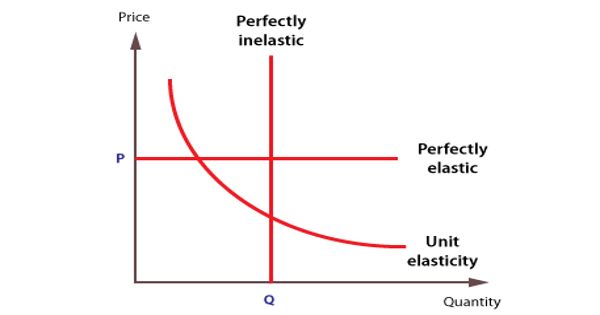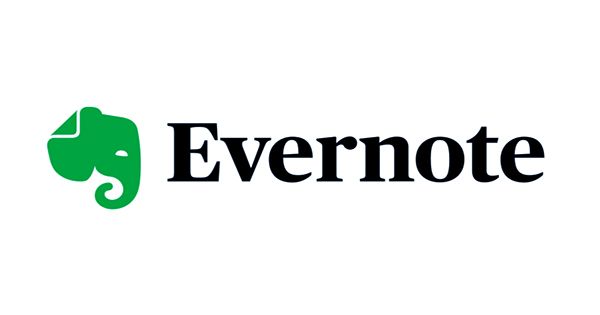A voluntary trust, also known as an inter vivos trust, is a sort of living trust that is established during the trustor’s lifetime. It is a fiduciary relationship between a trustor, trustee, and beneficiary that is used to plan an individual’s estate over their lifetime. In a voluntary trust, the trustor holds the legitimate title of the blessing moved to the recipient, despite the fact that the recipient has real title and ownership and the capacity to do activities of the trust. The trustor holds the lawful title over the “blessing” that will be moved to the recipient. The beneficiary, on the other hand, holds the title, possession, and authority to carry out the trust’s instructions. The beneficiary’s assets might be transferred to the trust during or after their lifetime.
A voluntary trust is additionally characterized as a commitment emerging out of an individual certainty rested in, and deliberately acknowledged by, one individual to serve another. Something contrary to an intentional trust is a compulsory trust. The court has control over an involuntary trust regardless of either party’s purpose to alter and benefit a party who has been deprived of their rights. Voluntary trusts are often used in estate planning. The trustee is the person who manages the real estate property, while the trustor is the person who will receive the property after it has been held. The res is the name given to the property.
A voluntary trust is comprised of the trustor, trustee, and recipient. By abstaining from getting something consequently, deliberate trusts are recognized from trusts for esteem, which are confides in made for buyers and mortgagees. An involuntary trust is the polar opposite of a voluntary trust, and it can be further divided into constructive and resultant trust. A voluntary trust is frequently used in estate planning, and it involves the administration or distribution of a person’s (trustor’s) property at any time in their life, whether living or dead.
An estate’s common characteristics include an individual’s legal rights, interests, property entitlement, and all other assets minus liabilities at the moment. A voluntary trust can also refer to interpersonal confidence between two individuals regarding a commitment for the benefit of each other, or one individual in the relationship, in some instances. The person in charge of a common asset, such as a house or automobile, is known as the trustee, while the person who will get the item in the future is known as the beneficiary.
A voluntary trust, on the other hand, is a legal structure that can oversee an organization’s activities including, in some situations, financial operations. In most cases, a trust is established to offer legal protection for the trustor’s assets and to manage the trustor’s best interests. Finally, the procedure saves time, money (via taxes), and paperwork headaches. Many philanthropic and humanitarian groups rely on voluntary contributions to keep their doors open.
The beneficiary of a voluntary trust receives the assets as a gift and is not compelled to provide anything in return. A trust of value, on the other hand, could be chosen to benefit buyers or mortgagees. The Trust Fund of the United Nations Alliance of Civilizations is a good illustration of how a voluntary trust might work. The organization’s High-Level Group suggested that the Alliance establish a voluntary trust fund in a Special Report.
The Trust Fund’s main goals are to support the Alliance of Civilizations’ projects and operations, as well as the activities and outreach initiatives performed by the High Representative in his official position, and to help with key operational and human resource needs. In some circumstances, voluntary trust can relate to the interpersonal trust that exists between two or more people respecting a duty that protects one or all of the people’s interests. This isn’t a formal contract; rather, it’s a man’s or woman’s word to another.
Voluntary trusts, from a legal standpoint, are a formal agreement that gives someone the authority to oversee and manage an individual’s assets. A grantor/trustor (the person who sets up the fund and puts their assets into it), a beneficiary (the person who will receive the assets from the fund in the future), and a trustee are all required to establish a trust fund (charged with the management and eventual distribution of the fund). Depending on the type of trust and the grantor’s instructions, a trustee’s responsibilities can be extensive. A voluntary trust’s responsibilities can differ significantly from those of a different type of trust fund.
Information Sources:
















